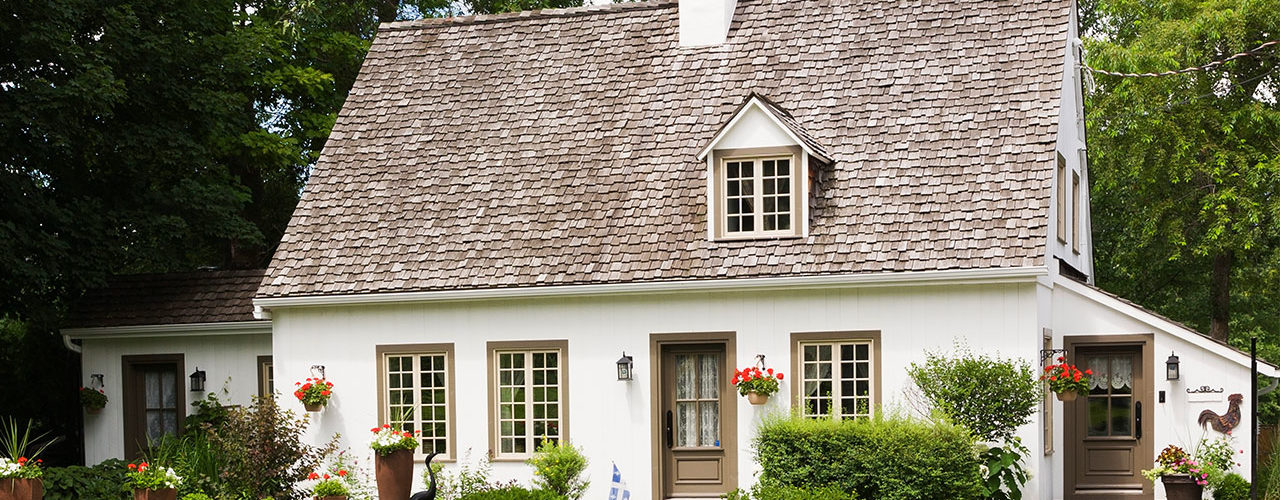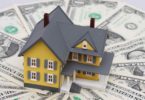If you’re in the market for a new house you’re probably aware of the daunting task of securing that homeowner loan. You can manage the task better, however if you do your homework on secured homeowner loans before taking the leap.
The type of homeowner loan you select will be driven by a number of factors: the cost of the home you’re buying, the amount of cash you have for a down payment, the monthly payments you can afford, how long you plan to live in the house and more. Consider these factors before choosing the type of loan you apply for. The following paragraphs list the major types of homeowner personal loans and explain the basic fundamentals of each.
Fixed-Rate
As suggested by the name, the interest on a fixed rate mortgage remains the same for the life of the loan. This is the preferred type of loan for many people because the monthly payments on this type of homeowner loan never change.
With a fixed rate mortgage, you will always know what your interest rate will be despite the fluctuation of the economy. If the economy improves since you obtained your fixed rate mortgage and interest rates drop dramatically, you can always refinance and negotiate a lower rate. Conversely, if interest rates increase, your lender must pay the difference. For this reason, interest rates on fixed rate mortgages are usually higher than adjustable rate mortgages.
The length of fixed rate homeowner loans can be 15, 20 or 30 years:
- The 30-year loan affords the maximum tax advantage by providing the greatest deduction and is the easiest loan for which to qualify.
- The 20-year loan shortens the mortgage term and results in a lower interest rate.
- The 15-year loan provides a much quicker pay-off and lower interest rates but your monthly payment will increase considerably.
Adjustable-Rate
Initially, adjustable rate homeowner loans offer a fixed interest rate and initial fixed monthly payment. “Initial” is the operative word here because after a predetermined period of time the interest rate is subject to changes in current market conditions; your rate can increase. Your initial interest rate will most likely be lower than that of a fixed-rate mortgage, but after the initial period ends the changes begin. This type of loan is advantageous to the homeowner who plans to live in a home for a short period of time.
The frequency of rate adjustments with an adjustable-rate loan depends upon the terms of the loan. Using a 6/1 loan as an example, your interest rate would remain at the initial rate for the first six years. Then, beginning with the seventh year the rate would adjust each year following current interest rates.
Balloon
A balloon loan is a short-term fixed rate loan that allows the homeowner to make small monthly payments for a predetermined period of time. After that period, normally five, seven or ten years, you would be required to refinance your loan or pay off the balance in a lump-sum payment. A major drawback to this type of loan might be higher current interest rates than those you paid in your fixed-rate period.
FHA Loans
FHA homeowner loans are insured by the Federal Housing Administration and are open to all qualified buyers. FHA loans are limited by the amounts of the bad credit homeowner loans but are normally large enough to cover the cost of most moderately priced homes. FHA loans are attractive to prospective homeowners because they require low down payments, usually 3-5%.
VA
VA homeowner loans originate from the Veterans Administration and aid qualified veterans in purchasing homes and guaranteeing those homes against default. VA loans are attractive because they require no down payments and carry a low interest rate. Lenders generally limit VA loans to $203,000.
Conventional
A conventional home loan is not guaranteed by the federal government but is purchased on the secondary market by the Federal Home Loan Mortgage Corporation (FHLMC), the Federal National Mortgage Association (FNMA) pr the Government National Mortgage Association (GNMA). You may be required to pay a 20% down payment if you secure a conventional loan, a percentage that could be even higher depending upon your credit rating.
In addition to the cheap homeowner loans listed above there are five variations of the adjustable-rate mortgage you may want to explore: the 7/1 year, 30 due in 7, 30 due in 5, 5/5 and 3/3, and 5/1 and 3/1. You can learn more about these types of best homeowner loans at the following link: Types of Mortgage Loans.
Whatever your situation you’re sure to find a loan to suit your needs. Just arm yourself with a little information, know what you can afford and stick to it.
Related Posts
- How to Reduce Mortgage Payments?
- How to Refinance Your Mortgage?
- Home Improvement Financing
- How to Get a Mortgage Loan?



